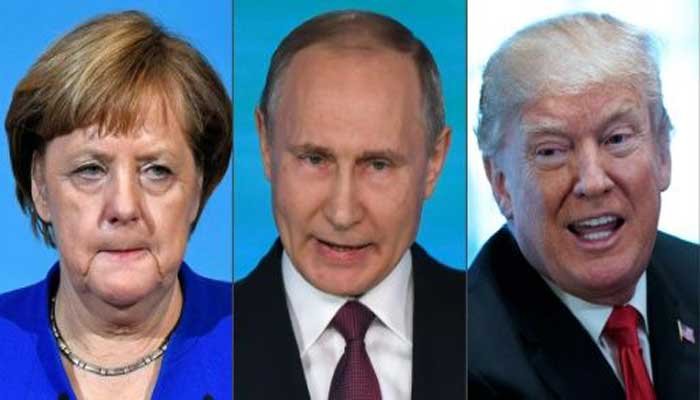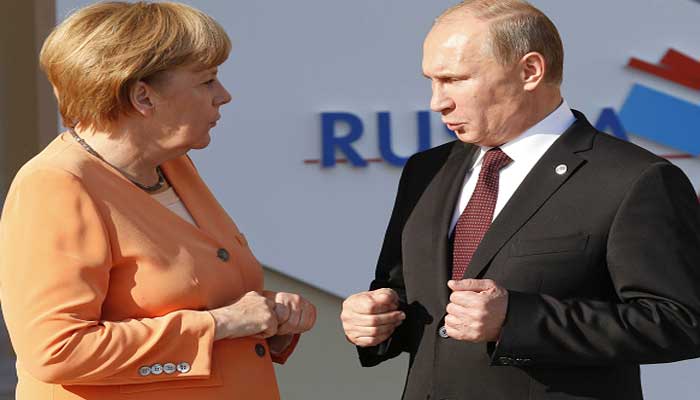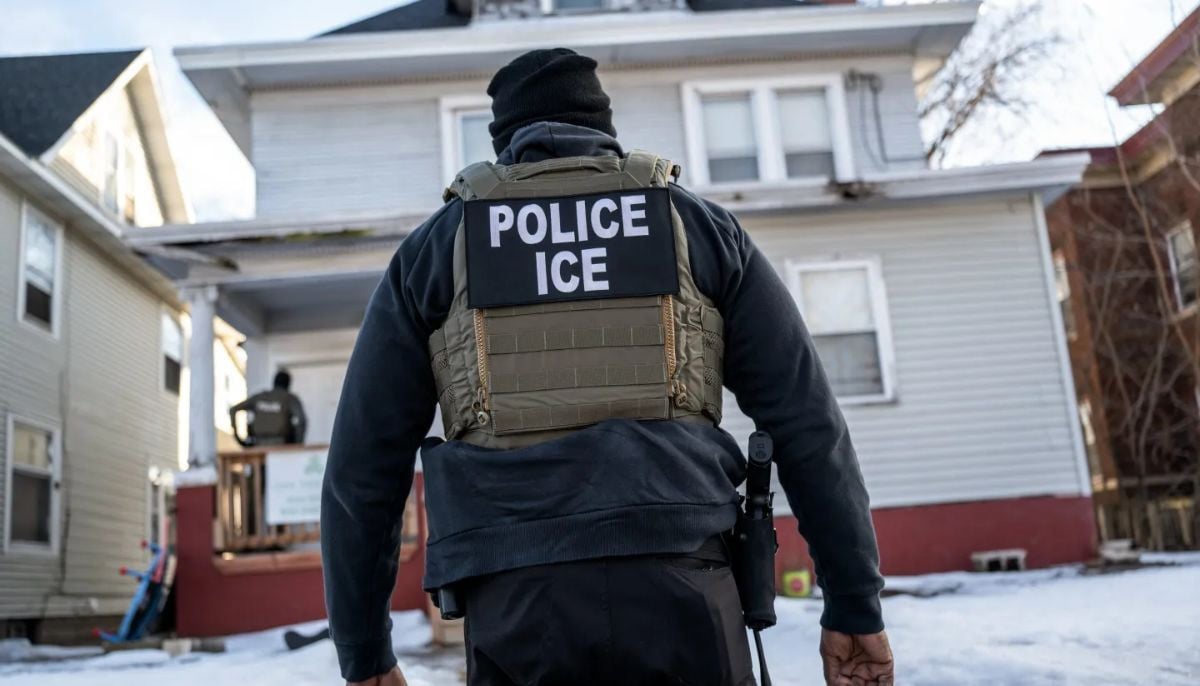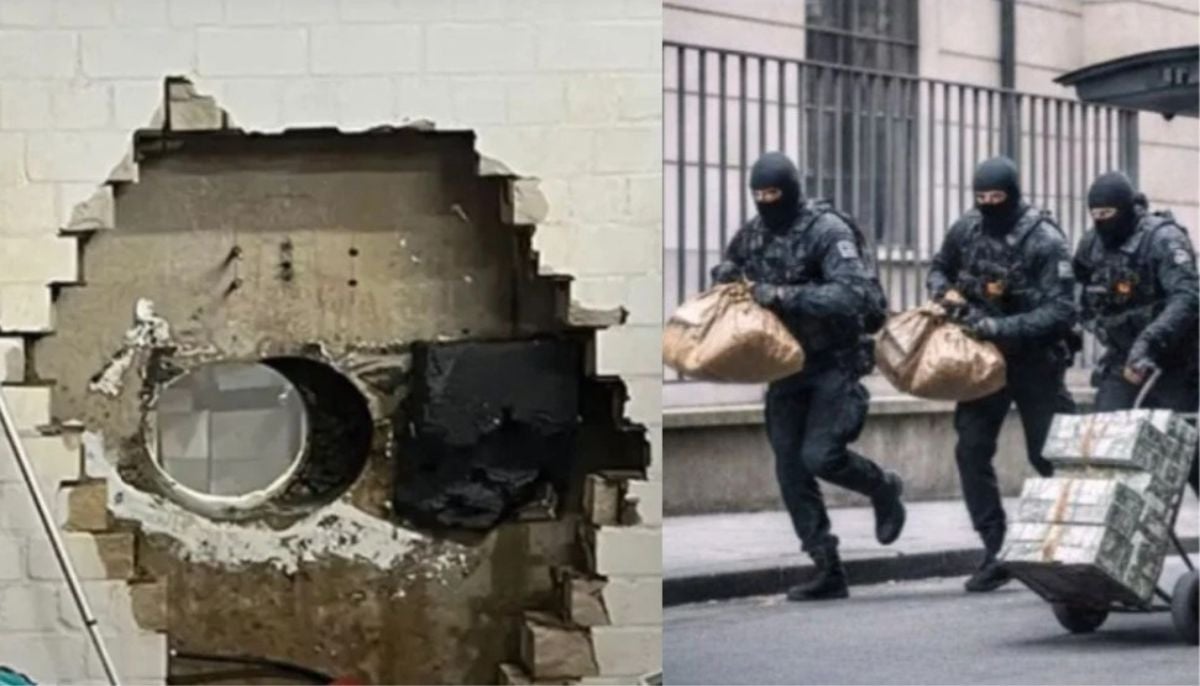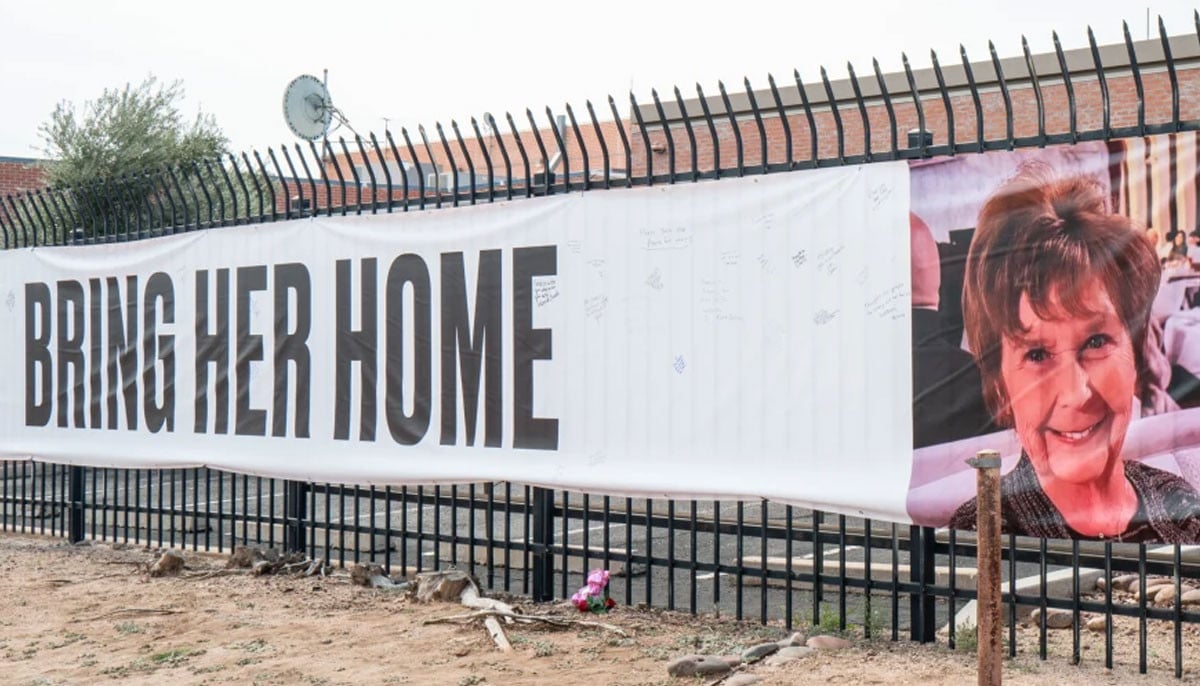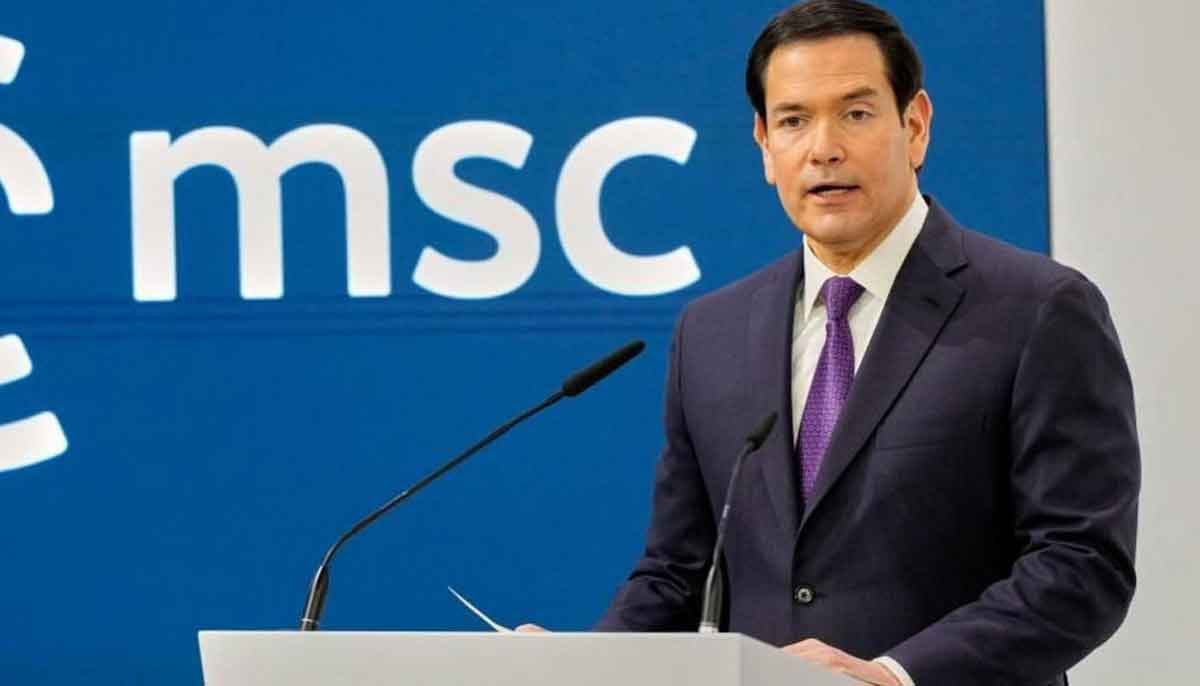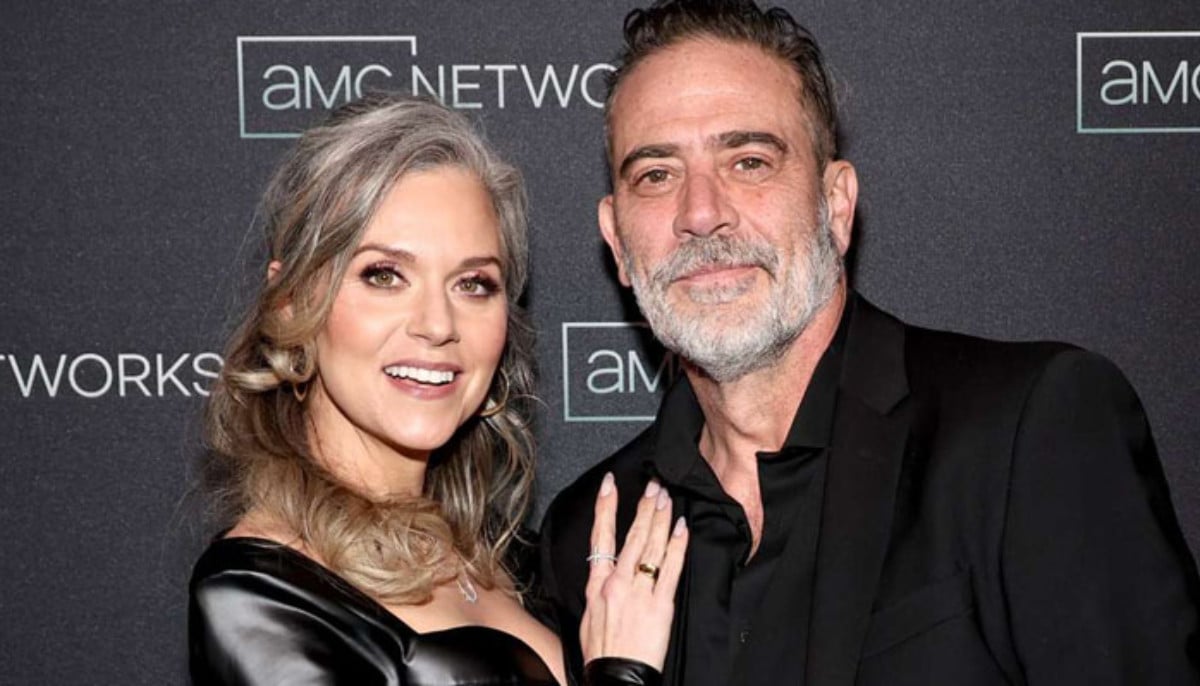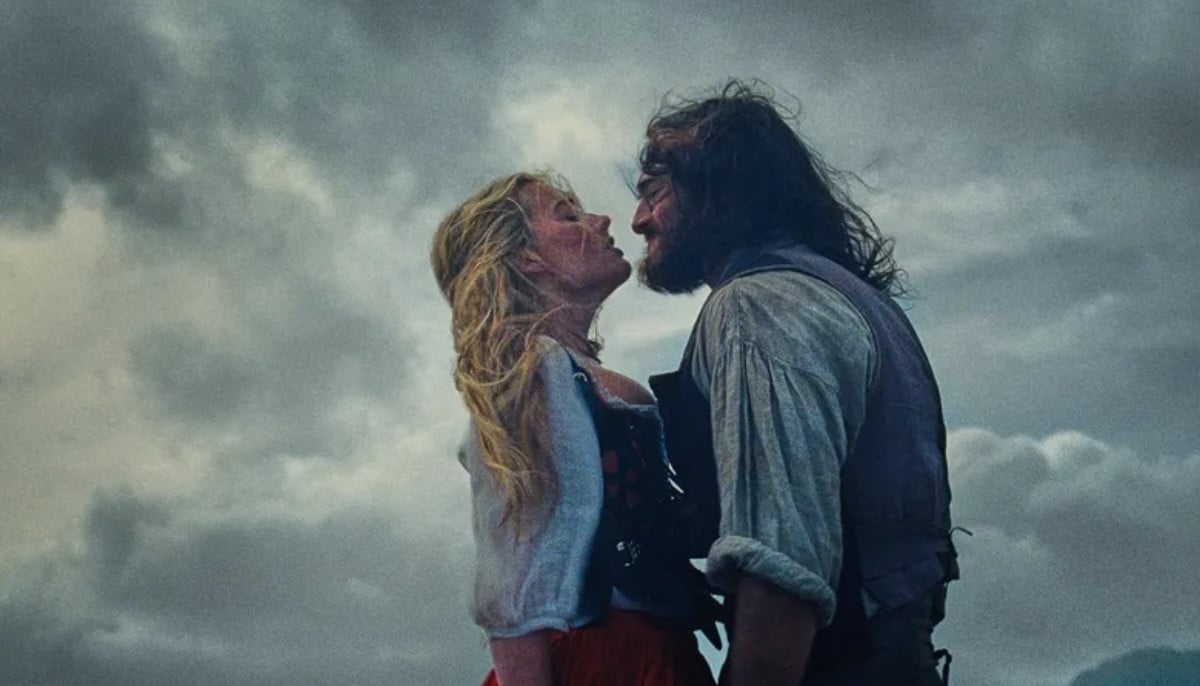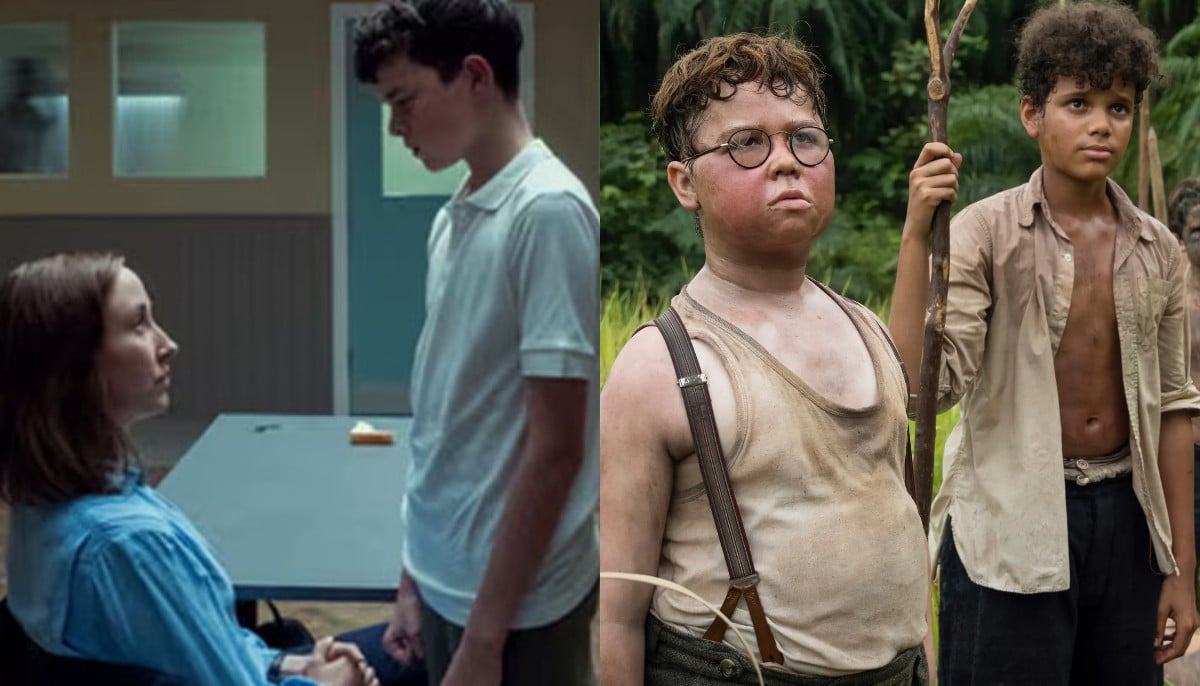BERLIN: Russian President Vladimir Putin hosts German Chancellor Angela Merkel on Friday to discuss the explosive global issues of Iran, Syria and Ukraine amid a deepening US-European crisis of confidence.
This year´s first face-to-face talks between the veteran leaders, who speak each others´ languages, comes as European powers are scrambling to preserve the Iran deal which US President Donald Trump abandoned last week.
For Merkel, the main objective in the Russian Black Sea resort of Sochi will be to seek pragmatic dialogue with Putin, despite their yawning political differences, in the quest to preserve the landmark 2015 agreement.
Time is running out to save the accord under which Iran pledged not to build a nuclear bomb in return for relief from punishing sanctions.
While Trump has threatened to punish allies which continue to do business with the Islamic republic, Iran has demanded European guarantees to respect the pact and warned it could revive its atomic programme, sparking fears of more turmoil in the conflict-torn region.
Iranian Foreign Minister Mohammad Javad Zarif, on a whirlwind global diplomatic tour, Tuesday welcomed as "a good start" talks with his French, British and German counterparts in Brussels but insisted on continued economic benefits for Iran.
Putin -- a key player as an ally of Iran, with which it militarily backs President Bashar al-Assad in Syria´s bloody conflict -- is also due to meet French President Emmanuel Macron in late May.
After years of a deepening East-West rift sometimes labelled a new Cold War, Merkel recently repeated her warning that Europe can no longer rely on its traditional bedrock NATO ally the United States to "protect" it.
German public broadcaster Deutsche Welle commented that "a rapprochement between Germany and Russia could be an unexpected consequence of Trump´s decision to abandon the nuclear deal with Iran".
Merkel´s challenge will be how to move forward without yielding to Moscow on a range of divisive issues -- from Russia´s role in Syria to Iran´s ballistic missile programme to sanctions imposed against Russia over the Ukraine conflict.
Western powers have also accused Moscow of a poison attack on Russian double agent Sergei Skripal in Britain and of destabilising cyber attacks and disinformation campaigns, claims which Russia denies.
Also looming over the talks is the festering conflict between Ukraine´s government and pro-Russian rebels which has seen barely a day without armed clashes since the 2015 Minsk peace accords brokered by Berlin and Paris.
-
Rosie O’Donnell secretly returned to US to test safety
-
'Harry Potter' star Rupert Grint shares where he stands politically
-
Drama outside Nancy Guthrie's home unfolds described as 'circus'
-
Marco Rubio sends message of unity to Europe
-
Hilarie Burton reveals Valentine's Day plans with Jeffrey Dean Morgan
-
Jacob Elordi, Margot Robbie on 'devastating' scene in 'Wuthering Heights'
-
China to implement zero tariffs on African imports in major trade shift
-
Jack Thorne explains hidden similarities between 'Lord of the Flies' and 'Adolescence'
